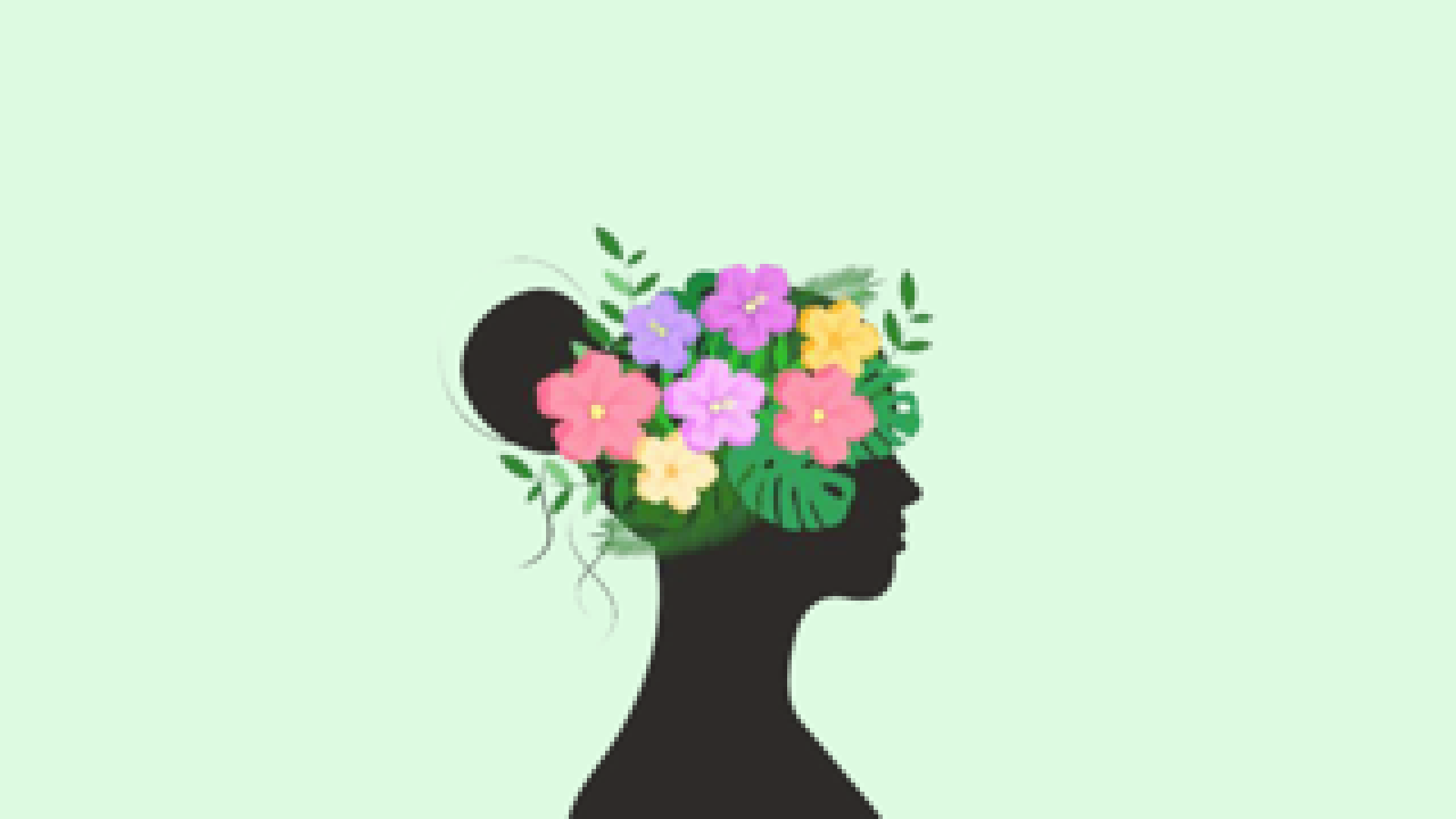The conversation about mental health has been increasing and becoming more socially accepted by the newer generations with their fearless notion to express, feel and identify. Although, while it is being addressed, studies have shown the latest generation to face the most issues with depression, anxiety and distress compared to older generations — Why is that?
We live in an age where technology consumes most of our day, whether a child or adult, but what if that is one of the root causes? As technology usage increases through generations, mental disorder cases have risen simultaneously. The overdrive on social media today impacts how people perceive themselves mentally, physically and emotionally, causing them to question and accept themselves for who they are, not to mention how excessive screen time is associated with behaviour change in lack of empathy and altruism. A study published in ‘Current Opinion’ showed that almost half of the people’s mental disorders start during the teenage to mid 20’s age bracket due to the habits ingrained into their everyday routine — one being technology.
The importance of an online-offline balance between screen time and face-to-face interactions is key here because, let’s face it — in today’s day and age, we cannot live without technology. Decreasing the amount of time spent on social media and turning digital usage into a group activity could help stimulate the mind and social behaviour, as using technology by oneself can trigger feelings of loneliness. It is also important to set time limits for technology usage and use that time to exert one’s mind and body which can help social and mental behaviour, creativity, building independence and confidence.
Getting involved in outside activities such as physical interaction, being around animals and nature, exercising and meditation can help build self-awareness, pique new interests, gain a sense of identity outside of what is seen online, take responsibility for oneself and others, and gain freedom. Allowing oneself to engage in these activities gives one a sense of freedom which is essential to mental health, as it will enable us to make our own decisions and choices — for both ourselves and others. ‘Psychological freedom’ is equivalent to taking action that results in creating opportunities for ourselves that could help determine who we are, where we want to go, and whom we aim to become, allowing us peace of mind, freedom and self-empowerment to build the future, we want for ourselves.
It can be scary to take yourself out of the technology bubble for a few hours a day and experiment with new things, but that results from the social conditioning of being dependant / co-dependant on others that was placed upon us from a young age, which we also faced during Covid-19 and subsequently resulted in an increase of digital usage. Detaching from complete dependency on habits formed from a young age through society has proven to have positive effects such as mood improvement, reduced feelings of stress and anxiety, relaxation, physical health improvement, self-esteem and confidence. As we grow older, we settle in environments that we are used to even though that can be limiting to our minds, bodies and souls— but what if we took ourselves out of the comfort zone of social media and safe dependency? What if we tried connecting with nature, culture and other human beings? Research has indicated that surrounding oneself with nature has helped reduce anger, fear, and stress and improve emotional and physical issues. Depriving oneself of nature is depriving oneself of the natural world surrounding us.
By building a balance between our technological world and our natural world, we can find a sense of purpose within ourselves and towards others — gaining independence through action, responsibility, self-identity, self-awareness and confidence in who we are and where we are going, resulting in a happier, healthier and wholesome state of mind.
So let's start making a change today to heal, soothe, restore and connect.

